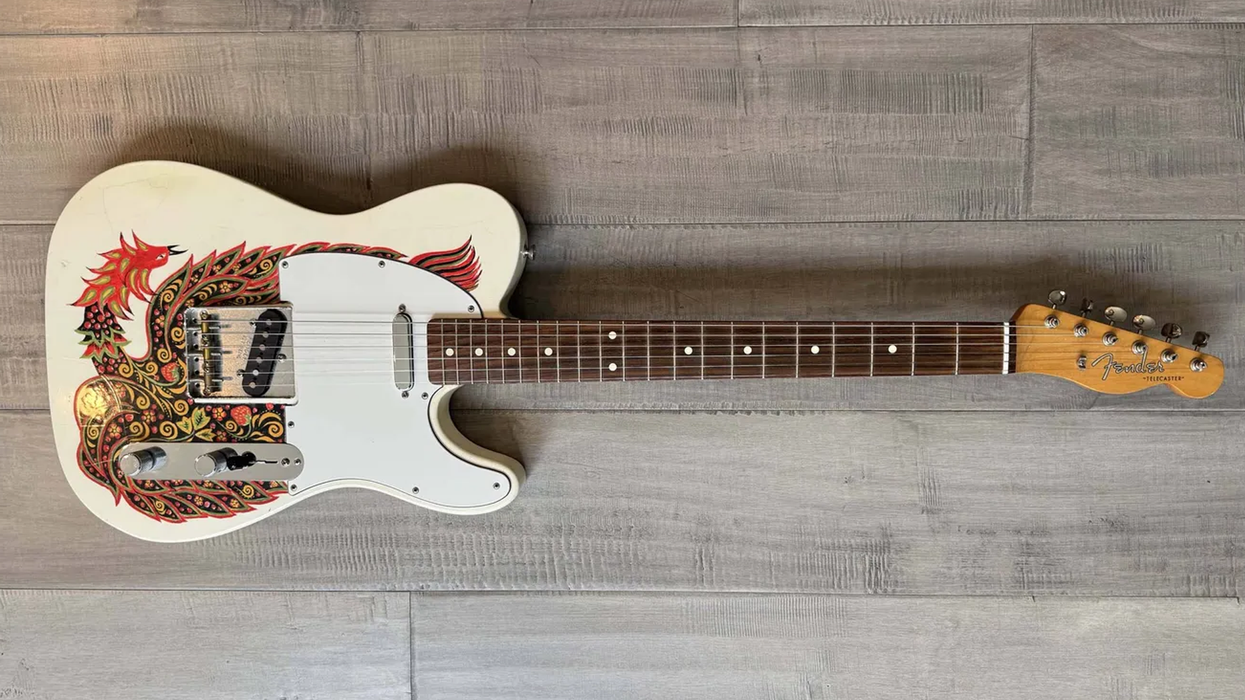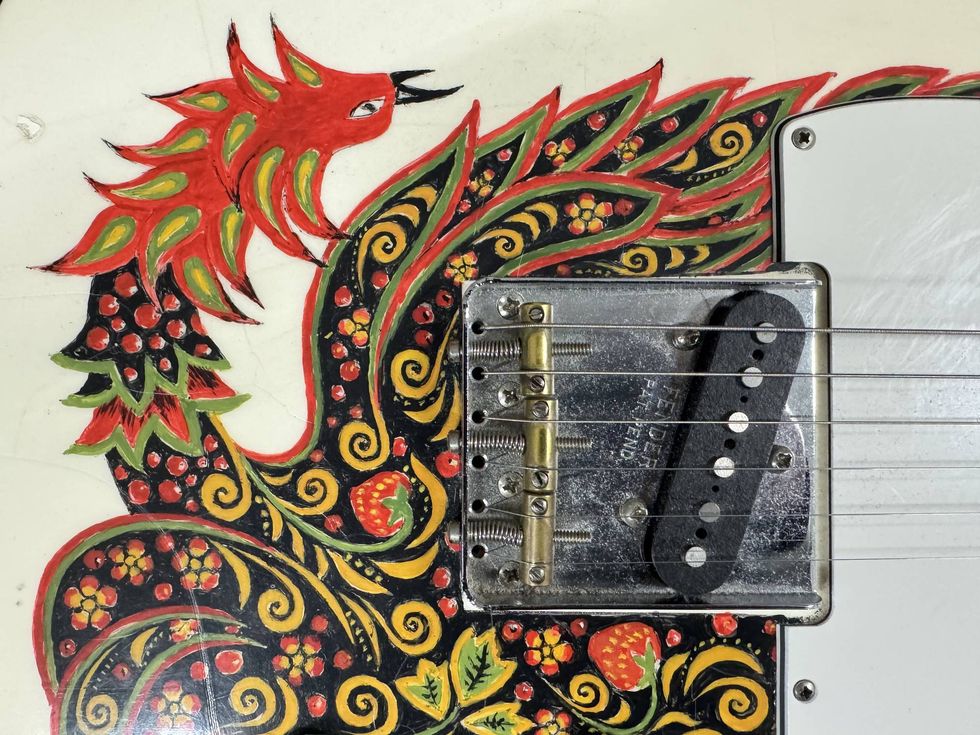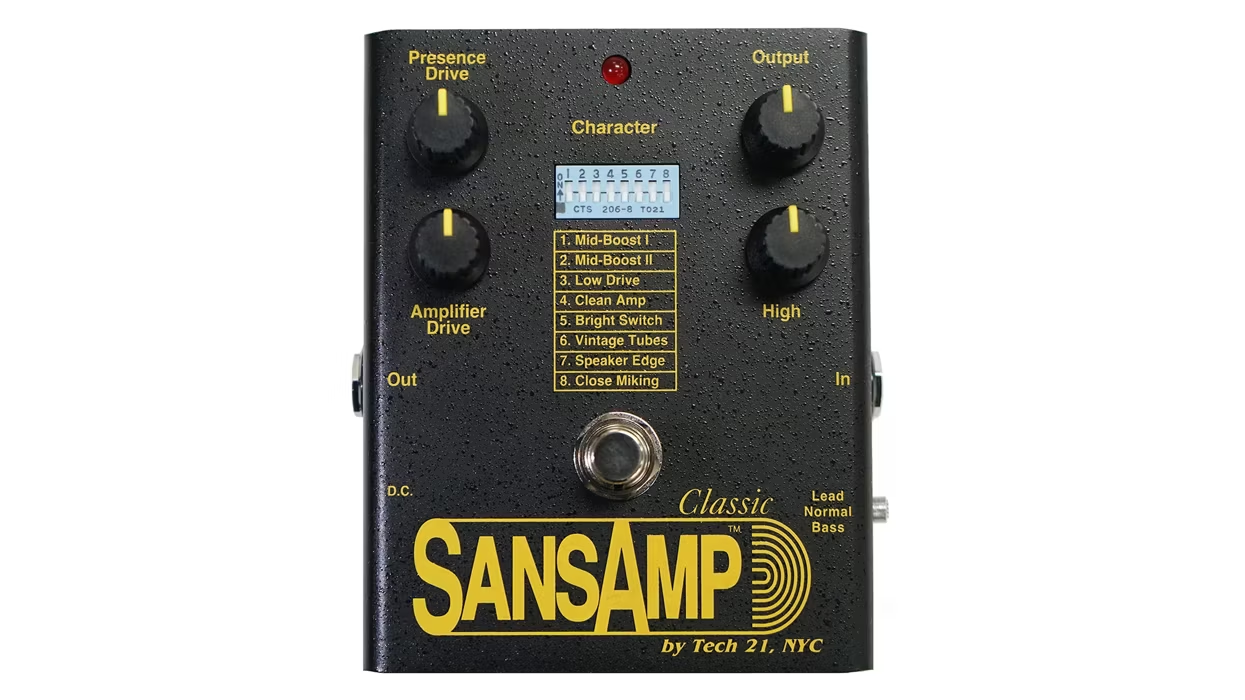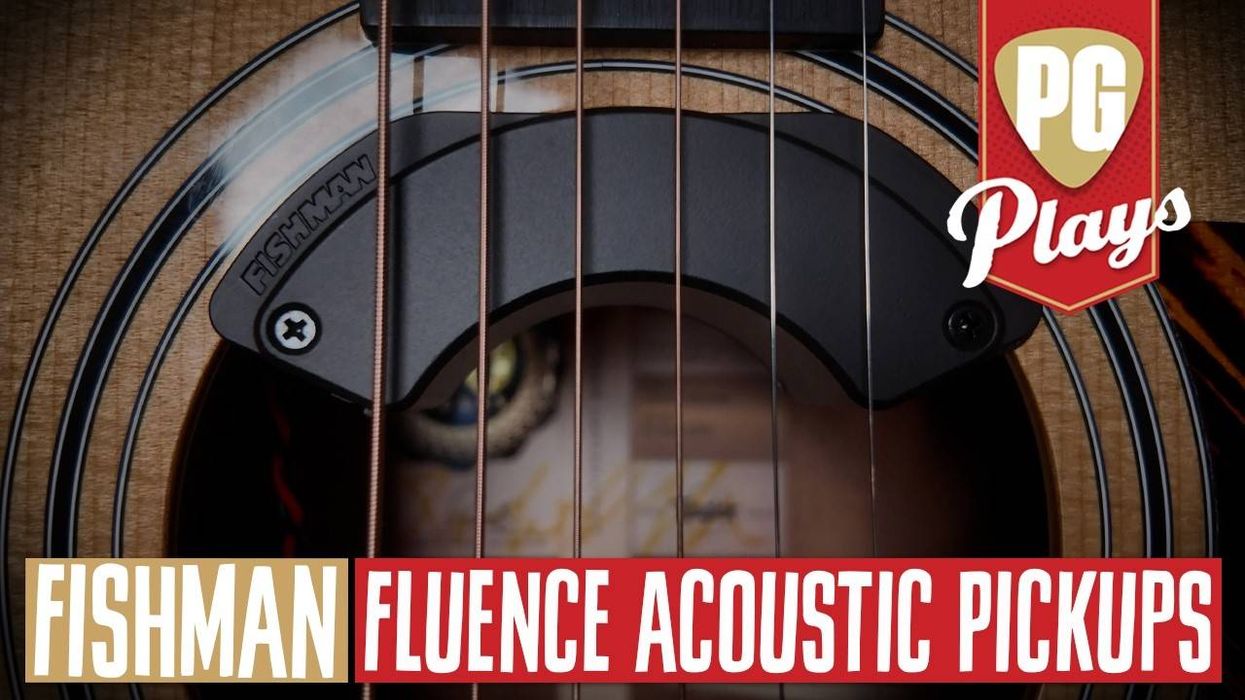If you want to be a working musician, your odds of employment go up exponentially if you sing.
Por ejemplo: When my buddy Chris Griffiths auditioned for Will Hoge, there was a room full of bass players that could probably nail the part, but Chris was the only one that sang, so the audition began and ended with him. Griffiths is an all-around great musician who could handle anything, but he wouldn't have gotten his foot in the door without being able to sing.
When I'm putting a band together for TV, an artist tour, or even a lowly bar gig, I'm way more likely to hire somebody who can sing. In truth, most of the actual music you play live is relatively easy, so you don't have to be a virtuoso to cover it. Most music directors/bandleaders are more likely to hire a player who sings over somebody who plays 20 percent better, because that 20 percent will not make much of a difference, but having vocal options is a huge contribution.
Most of us got into playing guitar just to play guitar. But the fact is, people booking music want singers. Jazz, classical, new age, or surf can get by without vocals, but those are small-niche gigs. When it comes to music for the masses, the masses want lyrics they can sing along with. Even the mighty Jeff Beck, who has made a career singing through his guitar, got his solo career started by singing his first single, the 1967 British hit “Hi Ho Silver Lining." The B-side was “Beck's Bolero," an instrumental that broke him into the U.S.
If you don't sing, it's probably because you're self-conscious about your voice. You're not alone: Many successful singers deal with that every time they open their mouths, but they work past it. Most of us cringe the first time we hear our recorded voice. In our head, our voice is fine, but when we hear it back, it's completely alien. In a New York Times article, “Why Do Our Recorded Voices Sound Weird to Us?," Michigan State University physics professor William Hartmann explained that we hear ourselves deeper than we actually sound. This is because our vocal cords vibrate when we speak, which excites our inner ears directly, emphasizing lower frequencies.
Because a recording doesn't have the same deep, rich tone we hear in our heads, it's typical to feel self-conscious about the tone of your voice. Get over it and start singing every chance you get. The best singers just seem to sing without thinking about it. That's where you want to be. Here are a few tricks to get you started.
Start by learning one of your favorite songs that's not vocally challenging. Get to the point where you can sing while playing it on guitar (i.e., “Hey Jude"). Check your pitch by playing the melody on guitar while you sing slowly, note for note. Focus on hitting each note on the note, not sliding into it.
When you're singing, notice if you're clenching your throat. Your stomach or abdominal muscles should be engaged. If you have trouble hitting a high note, try squeezing your butt cheeks, engaging your core and leaving your throat open.
Try singing harmony to the radio or your playlist while you drive, and think of the harmony line as the main line. Try playing a harmony part on your guitar, and then sing along with the single-note line.
Then when you play with other people, make the leap and try throwing in harmony lines. Watch the lead singer as you harmonize so you can see when their mouth moves to sync with the timing/phrasing of the lead. Blend your tone and volume, so it's not cutting over the lead but tucks right behind it.
Listen to the Gram Parsons and Emmylou Harris version of “Love Hurts," and “Tiger by the Tail" by Buck Owens with Don Rich, or anything by the Everly Brothers, to hear a perfect blend. Then listen to “Wild Horses" by the Rolling Stones and appreciate the ragged beauty of these harmonies that Rolling Stone described as “teardrops on barbwire" when the album was first released. You see, it doesn't have to be perfect to be perfectly effective.
Singing is a skill anyone can develop. It's good for your musicianship, good for your career, and just feels good. I have a crap voice, but singing has definitely helped my career. (I even had two failed major-label deals, although record ordeals would be more accurate.) There are a few guitar greats who can get by without singing (Steve Vai, Derek Trucks, etc.) but history shows that most guitarists sing well. Why limit yourself? It's all music.















![Rig Rundown: Russian Circles’ Mike Sullivan [2025]](https://www.premierguitar.com/media-library/youtube.jpg?id=62303631&width=1245&height=700&quality=70&coordinates=0%2C0%2C0%2C0)




